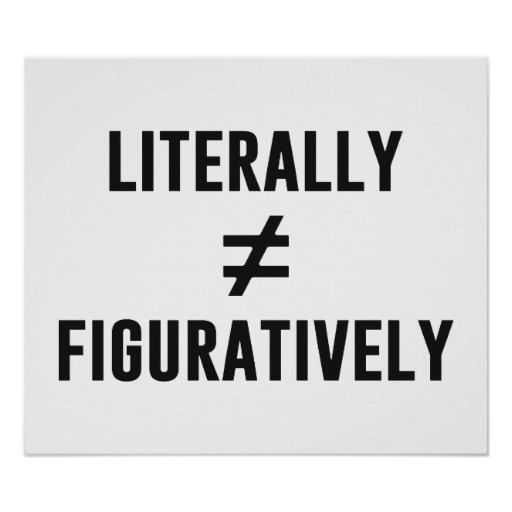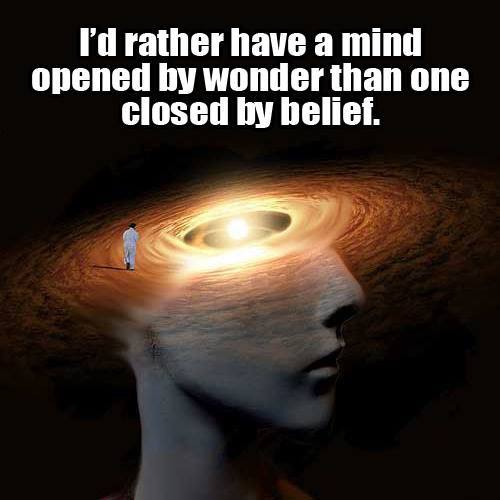
Is the Transitive Property of Equality (if A=B=C, then A=C) the quick and clean explanation of existence and a beautiful example of the perfection found in circuity? If consciousness relies on trusting our awareness, try assigning the above formula these values: Trust=Faith, Faith=God, then Consciousness=God. Since faith by definition cannot be proven, neither will human awareness ever be explained.
I do not purport to be an expert on any of this (in fact, I’m sure I’ll be corrected by those who are), but the argument between physicalists and dualists is ancient. Physicalists can be seen as atheists, for their faith is placed wholly in the proven, solid, material world. Dualists are the spiritualists, ever seeking, yet content in their strong belief in immaterial, unproven planes.

Panpsychists believe that all matter experiences a certain element of consciousness. If quarks indeed have consciousness in that they react to human observation, then even a stone is aware on some level. (Suddenly, the word “stoned” takes on new meaning)
In his article, What is Consciousness, Kristian Marlow states that “consciousness seems to have boundaries,” and that panpsychism has difficulty explaining this, so therefore, the theory doesn’t hold up. But these boundary constraints cannot be proven. This is where faith comes in, in my opinion, thus strengthening the linkage to a Higher Power consciousness: that which can never be proven.
Perhaps the tenant suggesting that humans are physical in order to experience, is that of the power in pure faith; the accomplishment possible through strong belief. As humans, this ability is only now being resurrected in practices like the Law of Attraction. Therefore, the biblical line “as you sow, so shall you reap” is not be only literal in its definition, and not only specific to how we treat others, but also a reflection of how we feel (how we treat ourselves), and how those feelings draw to us specific events designed to mirror those feelings.
Pure, higher consciousness is a big, all-inclusive club: every quark in the infinite universe within every stone, living creature, dark matter, and star.

If it is a feeling based universe and like attracts like, then when things are good and we revel in that feeling, the world we see gets better and better; when things are bad, and we wallow, our world disintegrates. As well, if we do not feel appreciation for the wonders surrounding us, we leave ourselves open to “random” events. In a very real way, we are able to guide our life experiences if we just pay attention.
Perhaps New Age thinking is nothing new at all, but simply a remembering.
The experience of Marlow’s hypothetical Mary, where she is liberated from existence in the black and white room into a world of color she’s never before seen, can be interpreted as death: that release into the known (where pure consciousness understands all) from the unknown (our physical universe which is one big question mark, noting that the word, question, is rooted in “quest”).

Indeed, as Marlow suggests, “experience is not reducible to the purely physical,” but includes the world of wonder, that which defies proof.
Perhaps the point to any physical existence is in granting understanding to a Higher Power. What if God’s first words, as the bible stated, were misinterpreted, “I am” instead becoming “What am I?” In this case, the individuation of matter in all forms is the individuation of experience in every form, whether humanity sees it as good or bad, in reality, judgement is non-existent. All serves the purpose of Higher Consciousness. In a very real way nothing bad ever happens.
So, if pure physicalism can be disproven in that wonder exists, how can atheism hold up? There is a God.
Or rather, there is a God?
And if A=C, then C=A, as well. Consciousness is a Higher Power dependent upon faith, forever remaining a mystery.
Quantum Wonder.

For another view: Why Panpsychism Fails, by Keith Frankish.
